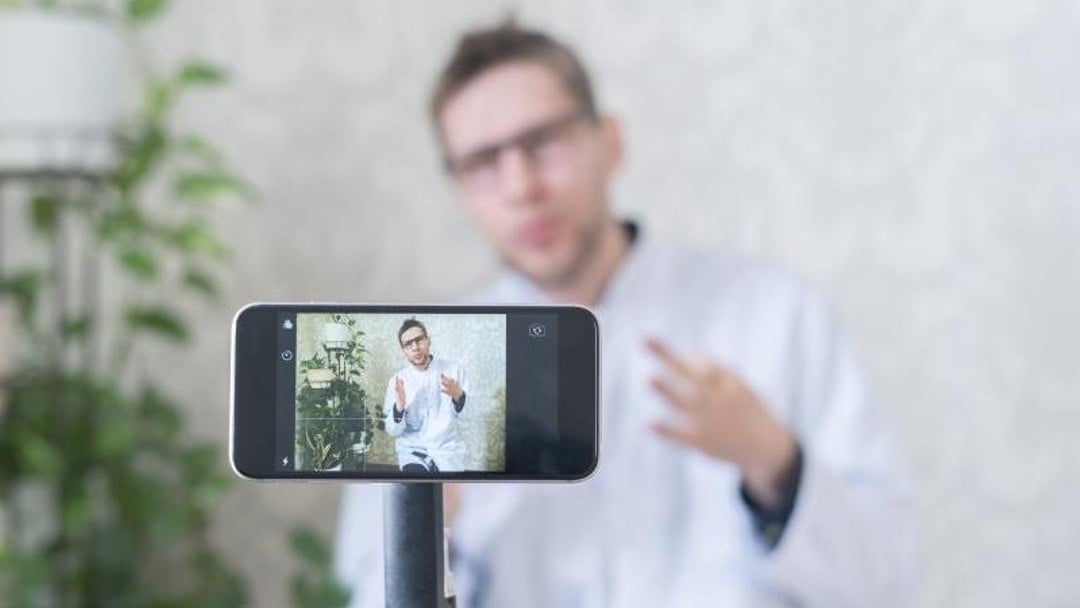Camera Shy? Top Online Tips for Expert Witnesses

By Mark Solon
The coronavirus (COVID-19) pandemic brought about a fast and widespread transition to remote hearings while participants were unable to attend court or tribunal buildings. The results have been mixed, depending on factors such as the complexity of the hearing, how much live evidence needs to be given and whether any vulnerable parties/witnesses are involved.
In December 2021, the HM Courts and Tribunals Service published an evaluation of remote hearings, reflecting on some of the concerns raised. And this year (2022) it will be transitioning to a new video hearing service, which includes virtual consultation rooms and built-in guidance for court users.
It is currently at the discretion of the judges whether a case is suitable to hold as a remote hearing, based on whether the court can be satisfied that justice can be served. Therefore, it is highly likely that many expert witnesses will still need to be prepared to give evidence by video link or phone.
Guidance
Various pieces of guidance have been released since the outbreak of the pandemic.
The Civil Justice in England and Wales Protocol regarding remote hearings for civil matters, was released on 20 March 2020 (https://bit.ly/2JqGPMU) and remains the most comprehensive guidance on this subject.
- On 23 March 2020, Mr Justice MacDonald produced ‘The Remote Access Family Court Version 1’ (https://bit.ly/3dEP7i2).
- The Crown Prosecution Service (CPS) has provided some guidance for criminal trials (https://bit.ly/2QZ6Ffk).
- In December 2021 HM Courts and Tribunal Service published an Evaluation of remote hearings during the Covid 19 pandemic (https://assets.publishing.service.gov.uk/government/uploads/system/uploads/attachment_data/file/1040183/Evaluation_of_remote_hearings_v23.pdf )
Other smaller pieces of guidance have been published by different courts, such as the Remote Hearing guidance to help the Business and Property Courts (https://www.judiciary.uk/announcements/remote-hearings-guidance-to-help-the-business-and-property-courts/) and the Chancellor of the High Court’s Practice Note on witnesses giving evidence remotely (https://www.judiciary.uk/wp-content/uploads/2021/05/Practice-note-from-CHC.pdf).
As guidance is constantly being updated, we urge readers to check for more up to date versions, where applicable.
Key points
Many experts will have been on video conference calls but giving evidence is a different situation. Their whole demeanour and professionalism are being judged. The way they speak, how they refer to the evidence, the way they look and even what they wear, and their surroundings are being judged and assessed. Solicitors should do all they can to support the video virgin in terms of presentation and the use of technology. Everyone is on a steep learning curve when it comes to using remote communications.
The most important point to remember is that, whether they are physically present in court or not, their duty to the court remains the same as always: they are giving evidence in order to assist the court on matters within your expertise. The reality is that the hearing is actually much like a classic in person hearing but just done remotely. All the usual rules apply.
Top Tips
Here are our top tips that you can pass to your expert witness if they are to give their evidence remotely.
- The key to giving good evidence is preparation.
- Practice being online on some neutral subject with your instructing solicitor, colleague or friend or during a training programme* before the hearing itself.
- Familiarise yourself with the process and the equipment. There is nothing worse than doing this for the first time at the actual hearing.
- Check the time of the appearance. Put this in your diary.
- Set everything up a good 30 minutes before the time.
- Find out the names of the counsel who will put questions to you.
- Prepare your own evidence as if you were going to the courtroom itself.
- Have all the evidence to hand whether physical or digital.
- Read through the appropriate formal guidance listed above and make sure you comply.
‘For more top tips for expert witnesses, read the full article here on the Bond Solon website.
Mark Solon, solicitor and founder of Bond Solon (www.bondsolon.com; marksolon@bondsolon.com). * Bond Solon has an online live training programme for expert witnesses which cover report writing, law and procedure, courtroom skills, as well some of the issues outlined in this article. For more information visit https://www.bondsolon.com/expert-witness/courses/’

